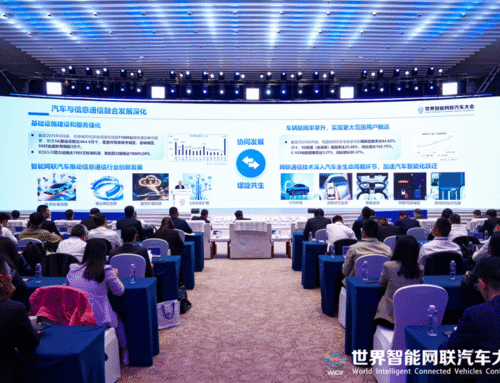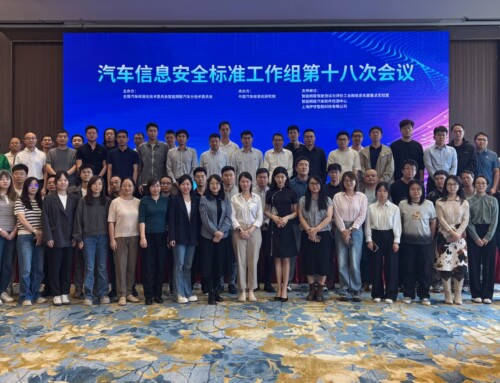The digital transformation of the industrial society has created an urgent demand for the digitisation of standards. In this context, the Standardization Administration of China has recently announcement the formal establishment of the National Working Group for the digitalisation of Standards (SAC/SWG29), which will be responsible for developing and revising national standards to promote digitalisation of standards, especially basic and generic standards, standards of modeling and generic technology, as well as standards for application technology. The first committee of SAC/SWG29 is composed of 86 experts from the fields of standardisation principles and methods, information technology, artificial intelligence, advanced manufacturing, and knowledge management. The working group secretariat is hosted in the China National Institute of Standardization (CNIS)’s Sub-Institute of Standardisation Theory and Strategy.
The establishment of SAC/SWG29 is in line with the requirements put forward in the National Standardisation Development Outline. Specifically, the Outline indicates the “continuous improvement of the degree of digitalisation of standards” as an important development goal, while “developing machine-readable and open source standards and promoting the digital, networked, and intelligent transformation of standardisation” as a key task to implement. One of the main reasons is that, at present, the degree of digitalisation of standards can hardly meet the needs and demands for technology development. For instance, it is expected that every six months the key technologies of the mobile phone industry will be upgraded, while standard development processes usually take 30 months on average. It reflects that digital level falls short of expectation. Also, as the digitalisation of standards is gradually being incorporated into the strategies of foreign and international standardisation organisations, China faces pressure to keep pace with these developments. Therefore, the newly-established SWG29 is set to take up corresponding work and provide guidelines.
As for next steps, the SAC/SWG29 will focus on: (i) research and evaluation of development trends at both national and international level, (ii) design and planning for the framework of standards’ digital transformation, (iii) establishment and improvement of the standard system, and (iv) international cooperation and exchanges relating to digitalisation of standards. Time is needed to evaluate the actual impact of SWG29 in facilitating the development of digitalisation of standards.




